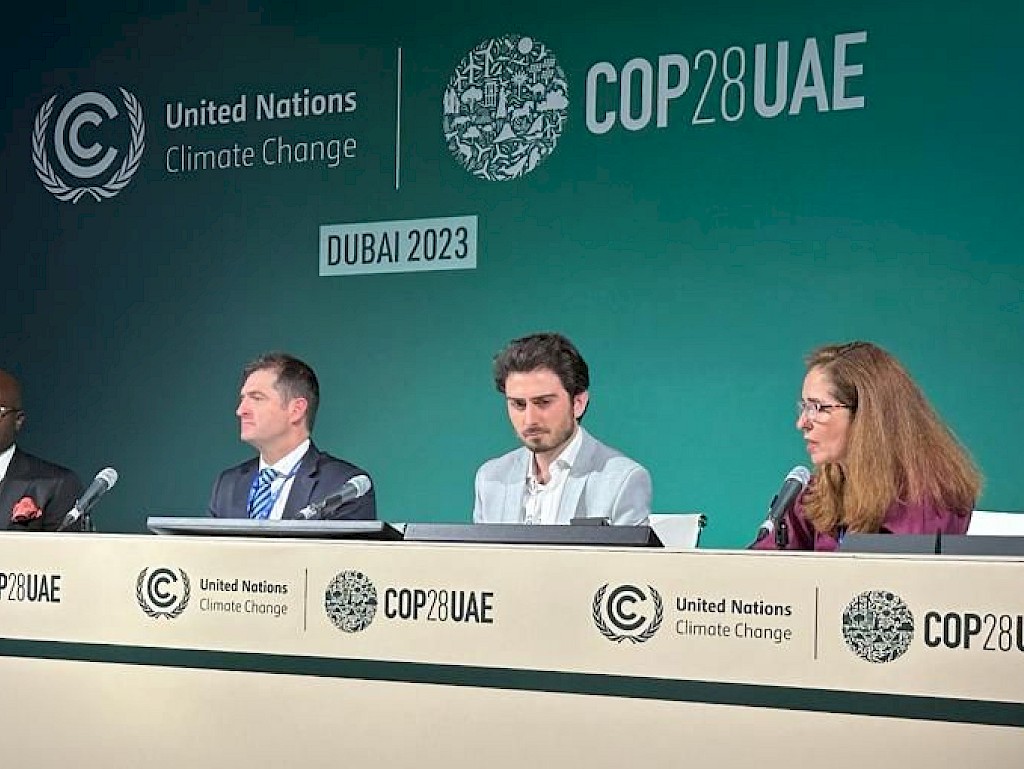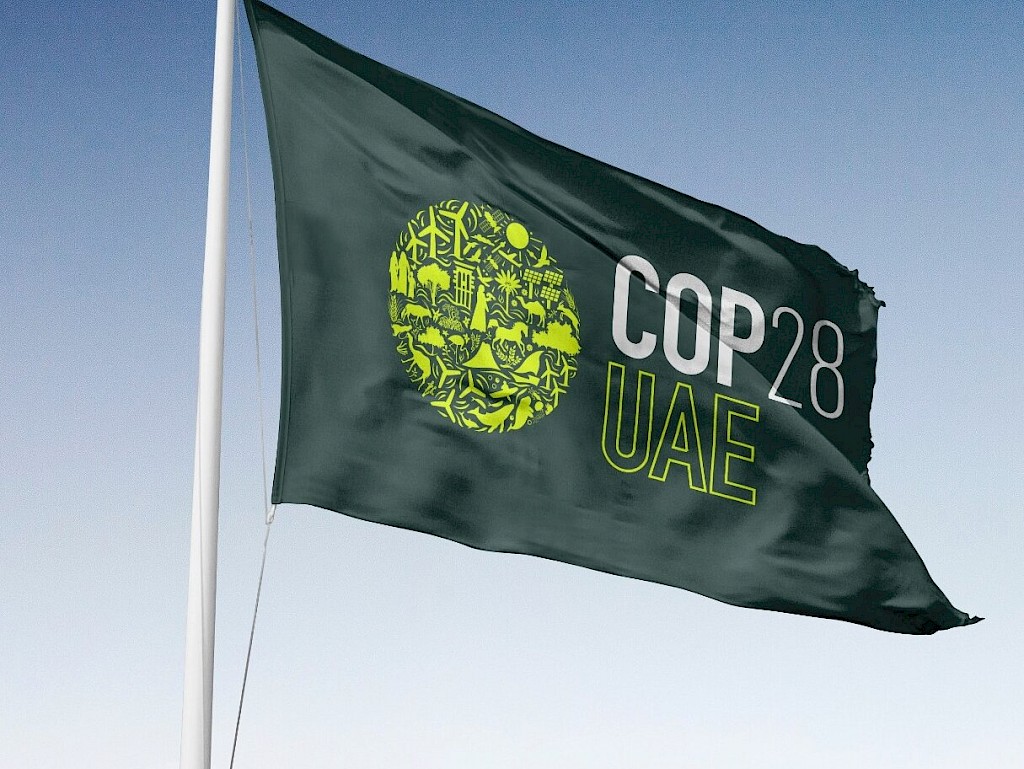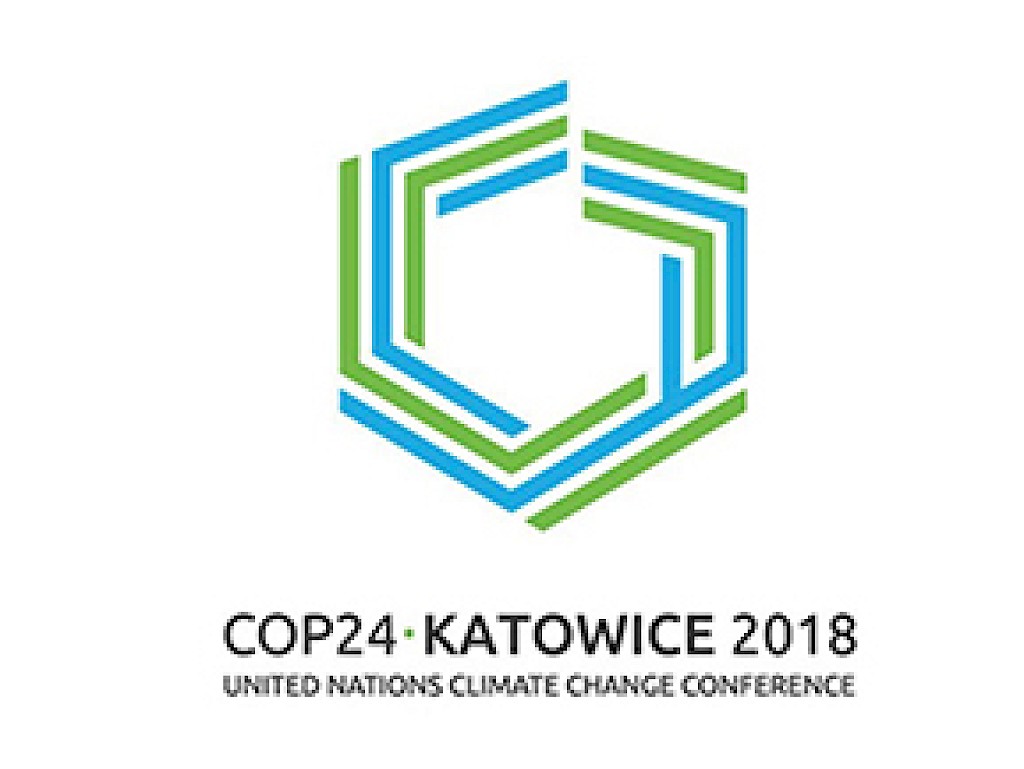Ipieca Executive Director Brian Sullivan shares insights from the pre-COP27 technical workshops on the role of the industry in making Sharm el-Sheikh a success.
Since COP26 in Glasgow wrapped and the COP baton was passed to the Egyptian Presidency, frequent consultations, meetings and workshops have taken place at ministerial, delegation and technical levels to the lay the foundations for a successful COP27 in Sharm el-Sheikh.
Ipieca involvement in pre-COP27 technical workshops
As an UN-accredited association focused on providing scientific-based technical knowledge to support the oil, gas and alternative energy industry to advance its climate, environmental, social and sustainability performance, Ipieca has been involved in the UNFCCC technical workshops and meetings ahead of COP27.
These workshops, run by subsidiary bodies of the UNFCCC COP - the Subsidiary Body for Implementation (SBI) and Subsidiary Body for Scientific and Technological Advice (SBSTA) - are critical to the success of COP events. They bring together leading climate experts from around the globe and across all sectors to explore the key issues that will be under discussion, providing the scientific and technical knowledge the negotiators at COP27 need to make informed, ambitious policy decisions to support the realisation of the Paris Agreement.
From these meetings, we've gained insights on what COP27 has in store and what it might mean for the oil, gas and alternative energy industry.
The industry is part of the discussion
The technical workshops have included over 4,000 experts from across all parts of society, recognizing that governments, the private sector and civil society must work in tandem to transform the way we interact with our planet. Fostering collaboration is one of the COP27 Presidency's key goals, and it has called for all parties to work together to limit global warming to 1.5°C, and is committed to regular, inclusive and meaningful dialogue with a wide spectrum of stakeholders.
The industry can bring a lot to the discussions at COP27, including technical and commercial know how, as well explaining what organizations needs from governments to develop lower-carbon businesses and supply chains.
On the ground implementation
Throughout the pre-event meetings, the feeling has been that COP27 can lead to on the ground progress towards the Paris Agreement. With the signing of the Glasgow Climate Pact at COP26, agreeing on a range of items, including strengthening efforts to curb greenhouse gas emissions, build resilience to climate change and to provide the necessary finance for both, the focus at COP27 is very much on implementation and delivery.
Pledges and initiatives made at COP26 such as the Global Methane Pledge to collectively reduce methane emissions by 30% below 2020 levels by 2030, the International Aviation Climate Ambition Coalition which aims to reduce CO2 emissions from aviation to net-zero by 2050, and the Clydebank Declaration for green shipping corridors to establish six zero-emission maritime routes by 2025, are all being actively supported in their delivery by the industry.
Adaptation and resilience - a key goal at COP27
The Global Goal on Adaptation was one of the significant outcomes of COP26 in Glasgow and is very much on top of the agenda for the Egyptian Presidency. In the pre-COP27 workshops, we've heard positive comments on the role of industry in supporting the Global Goal on Adaptation to strengthen resilience to climate change, with the understanding that industry can support with good practice, planning and monitoring tools, and technology transfer to help address this issue at national, regional and global levels.
Just transition on the agenda
There is broad agreement that the energy transition needs to be fair, and not leave any one behind. The COP27 Presidency recognizes the importance of a just transition. This is very good news, as conversations about a just transition can be very productive at COP27 because the organizations whose collaboration will be essential to make a fair transition happen will be present - including governments, businesses, international development agencies, NGOs and representatives of civil society groups.
Industry support for enhanced NDC ambition
As the end of year deadline for countries to update their 2030 emissions reduction targets (known as nationally determined contributions or NDCs), COP27 will be key to making sure these are ambitious as possible and converted into real world action. Enhanced ambition is one thing, however, the NDCs need to be aligned with strategies to achieve them - this is where a partnership approach between and across governments, industry, and civil society will be key.
Ipieca at COP27
Just like all previous 26 COP events, Ipieca will be at Sharm el-Sheikh for COP27, where we will listen to the negotiations, host an official side event titled 'Adaptation, resilience, and just transition: business engagement to deliver the Paris Agreement' and our own side event 'Enablers of a net-zero emissions future in the Global South'. Once COP27 finishes, we'll be well positioned to capture the outcomes in our workstreams and create guidance and tools to enable the industry to contribute to the COP27 goals.




